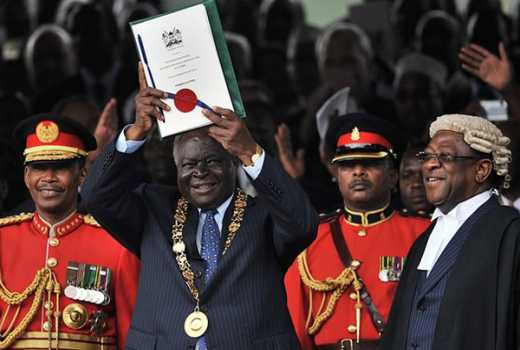
‘The trouble with Nigeria is simply and squarely a failure of leadership. There is nothing basically wrong with the Nigerian character. There is nothing wrong with the Nigerian land or climate or water or air or anything else’. These were the words of Chinua Achebe, the Guru of Africa’s written literature.
Similar sentiments can be made of Kenya too. I would prefer to look at these failures through the eyes of our Constitution. The Constitution of Kenya 2010 is probably the most visionary document published in Kenya since independence. One needs to study it in its totality to understand how useful it is. But I can bet most Kenyans have never read, let alone understand the supreme law of the land.